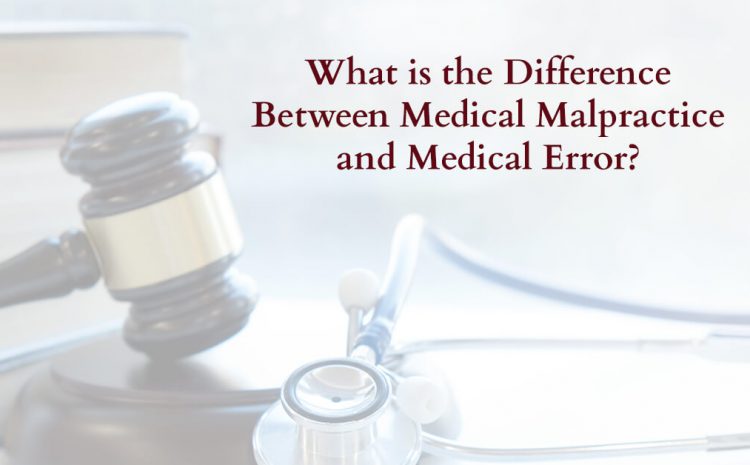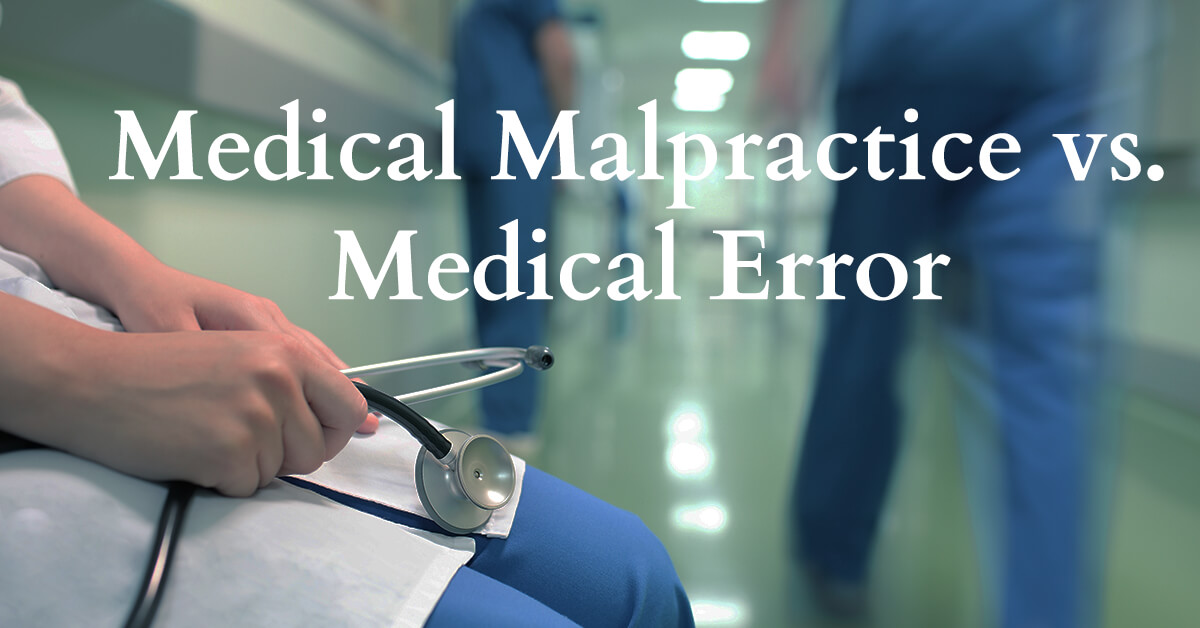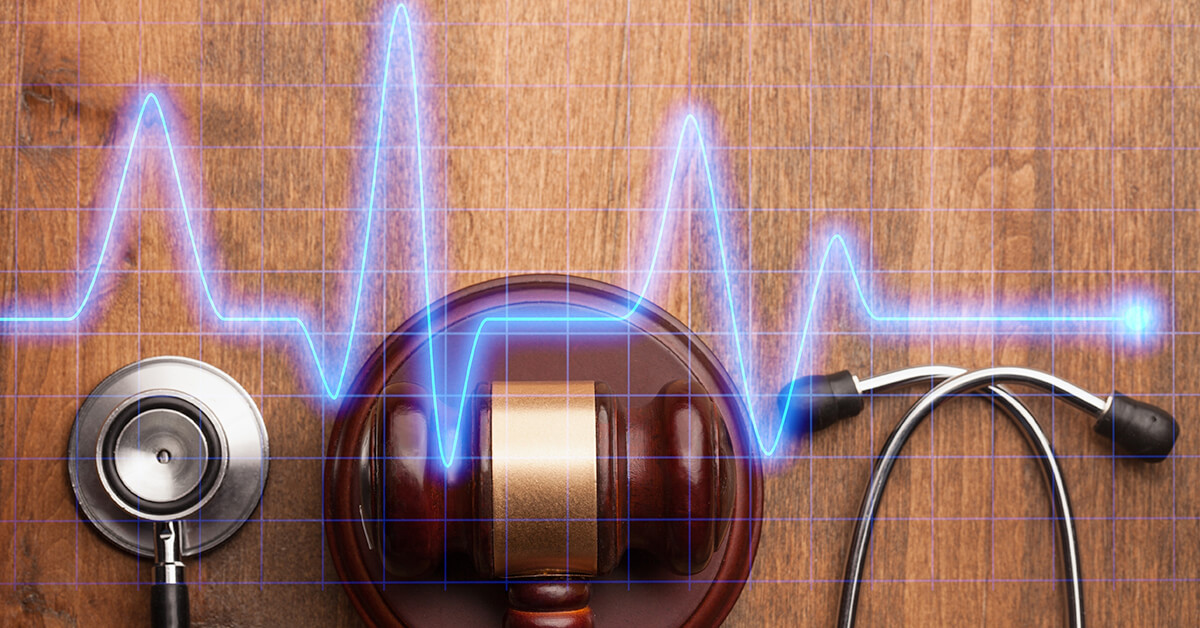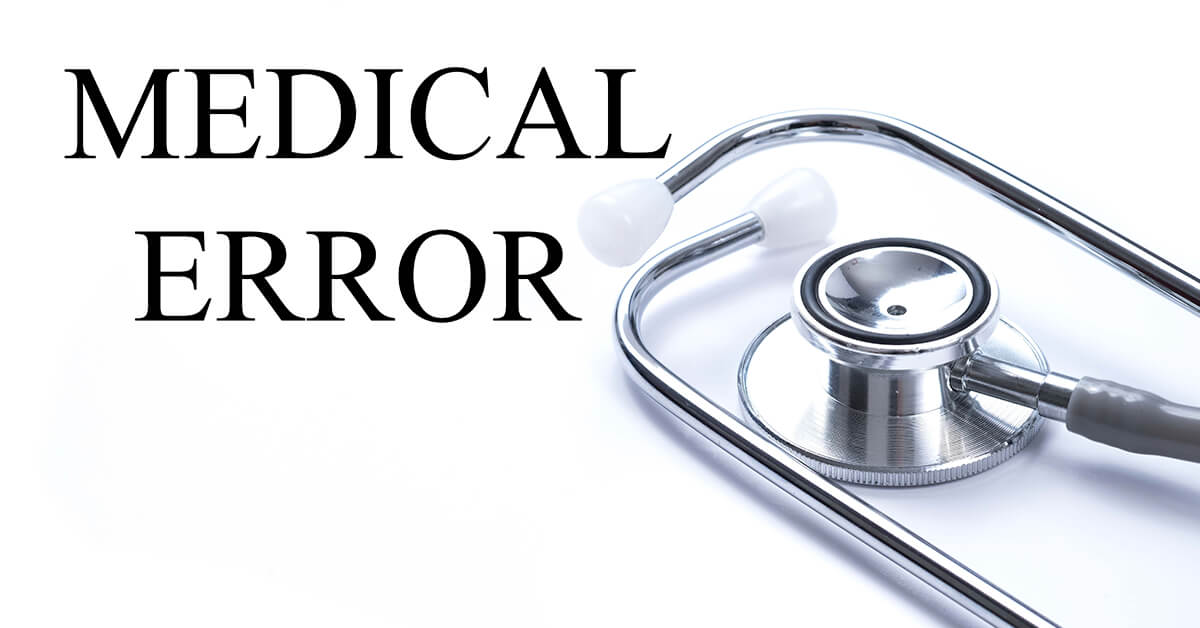
When you go to a doctor or hospital, you expect to receive the highest level of care and to be immediately and accurately diagnosed and treated. Unfortunately, the practice of medicine often evades the perfection expected by patients and their families. Instead, the practice of medicine is often a practice of trial and error until you get it right as patients have unique bodies and medical histories. Errors are common in the practice of medicine as medicine is not an exact science. Whether a medical error rises to the level of medical malpractice can be a difficult question to answer. Early consultation with a medical malpractice attorney experienced in evaluating and successfully prosecuting medical malpractice claims can help you determine whether a medical error you or a loved one experienced may actually be medical malpractice. The medical malpractice lawyers at GKT can help you determine if medical malpractice has occurred. We offer free consultations. Contact us today by phone or text at (304) 845-9750, or by Live Chat or our online consultation form.

WHAT IS A MEDICAL ERROR?
A medical error is a mistake that a doctor, nurse, or other health care provider makes during the process of diagnosing and treating a patient. It may be the failure to consider a symptom or potential diagnosis or making the wrong initial diagnosis. A medical error may be prescribing the wrong drug or course of treatment for a patient. Common medical errors include adverse drug reactions, misdiagnosis, over and undertreatment of a condition, surgical injuries, falls, pressure ulcers, infections, diagnostic testing errors, and documentation errors. Factors contributing to medical errors include communication failures, failing to order appropriate testing, and failing to address abnormal results or clinical findings.

However, a medical malpractice claim does not arise simply because a medical error occurred, or a treatment did not work. Many times, initial treatments fail, and alternative treatments need to be tried before a particular patient responds. The failure of an initial treatment may mean that there was an error in selecting the initial treatment but does not necessarily mean that medical malpractice occurred, particularly where the initial treatment did not cause serious harm.
DID THE MEDICAL ERROR CAUSE SERIOUS INJURY OR DEATH?
A medical error will not be legally actionable unless the medical error itself causes serious harm or death. Harmless errors, that is, medical errors which do not directly cause significant harm to the patient, are not actionable medical malpractice claims. For a medical error to rise to the level of a medical malpractice claim, the medical error must cause serious harm which is over and above the harm the patient is already experiencing from the original condition or injury.
For example, a patient goes to the emergency room having fallen and hurt his arm. The emergency room physician diagnoses a fracture in the forearm which may require surgery, places a splint on the arm, and tells the patient to follow up with an orthopedic specialist as soon as possible. When the patient is examined by the orthopedic specialist the following day, the specialist finds that the patient’s wrist is also broken and in need of surgical repair. Upon review of x-rays taken the day of the emergency room visit, the wrist break was apparent but was missed by the emergency room physician and original radiologist. A medical error occurred when the broken wrist was missed, but a medical malpractice claim would not exist because no additional serious harm was caused by the error. The wrist needed the same surgery it would have needed if diagnosed immediately and no serious harm was caused by the delayed diagnosis.
Serious harm must actually result from a medical error before a medical malpractice claim may be considered. Serious harm includes an injury or illness that requires significant additional medical treatment or causes the patient to have a permanent disability or brain damage. Serious harm may also, in some circumstances, include the patient losing the chance for a better prognosis or impacting the patient’s ability to work at his or her chosen profession.
Some cases are not as clear and the determination of whether serious harm resulted from the medical error as opposed to your original injury or conditions will require consultation with medical professionals. Indeed, the law requires a medical expert testify that the harm you claim was caused by the medical error. Consulting with medical malpractice lawyers experienced in handling medical malpractice claims, like those at GKT, as soon as possible after you believe you or a family member were injured by a medical error will facilitate a timely determination of whether a causal connection exists between the medical error and the injury sustained. Studies have suggested that medical errors account for a significant number of deaths annually in the United States.
WAS THE MEDICAL ERROR UNREASONABLE AND THE RESULTING INJURY AVOIDABLE?
For a legally viable medical malpractice claim to exist, the medical error must be unreasonable such that the injury sustained was avoidable. The question to be answered is, did the doctor (or other health care provider) do what a reasonable doctor (or other health care provider) with similar expertise would do under the same or similar circumstances? That is, did the doctor violate the applicable standard of care?
Medical errors which are unforeseen or unavoidable generally will not result in a medical malpractice claim. For example, a doctor prescribes a specific medication to treat a patient’s condition and the patient suffers unforeseen side effects from the medication which cause significant physical harm to the patient. However, the medication prescribed is one that is commonly used to treat the patient’s specific condition and is widely accepted throughout the medical community as the preferred first method of treatment. In this example, the prescription may have been an error for this particular patient, but the doctor likely met the standard of care in prescribing it because it was the preferred first method of treatment under the same or similar circumstances. Unless the doctor knew or should have known that the specific patient was allergic to the medication or one of its components, a medical malpractice claim likely does not exist.
WHAT IS STANDARD OF CARE?
The applicable standard of care is generally based upon relatively uniform standards of care and treatment to be provided by medical professionals having certain training and expertise. Standards of care are based upon current research and best practices in a particular field of medicine and provide baseline guidance for the care and treatment of patients under given circumstances. Medical professionals must also rely upon their own judgment when determining the appropriate course of treatment. A reasonable error of judgment in light of accepted standards of care will rarely be deemed medical malpractice.

HOW DO I KNOW IF IT’S MEDICAL ERROR OR MEDICAL MALPRACTICE?
Medical malpractice claims generally arise from preventable medical errors and injuries which are caused by medical care as opposed to the patient’s underlying disease or condition. The very first step to determine whether an injury was caused by a medical error or medical malpractice is to collect all available data, including the patient’s medical records. Often times patients or family members of deceased loved ones want to focus only on the records pertaining to the event in question. However, prior medical records and medical records from subsequent treatment often provide critical information which places the event in question in context. The records must be closely examined and analyzed to determine if a medical error occurred which caused the injury or condition at issue. Factors such as the availability of a patient’s medical history, the details in such a history, inconclusive test results, and emergency situations may all come into play when determining the reasonableness of a medical professional’s actions, or lack of action, under the circumstances as they existed when the treatment at issue was rendered.
GKT MEDICAL MALPRACTICE LAWYERS CAN HELP YOU
The determination of whether a medical error may constitute medical malpractice requires the skill, training, and experience of qualified medical malpractice attorneys who, in consultation with knowledgeable medical professionals, are able to determine if a medical error occurred which could and should have been avoided. At Gold, Khourey & Turak, our medical malpractice attorneys have helped many individuals and families obtain justice as a result of medical malpractice, and we may be able to help you too.
If a medical error occurred which violated applicable standards of care and caused serious harm, the medical malpractice lawyers at Gold, Khourey & Turak can help you pursue medical malpractice claims seeking to recover the compensation you deserve. Only trained professionals can determine whether an injury or death was the result of an error or mistake of judgment or an actionable violation of applicable standards of care. Contact our office today at (304) 845-9750, by Live Chat, or through our online form to schedule your free consultation.



